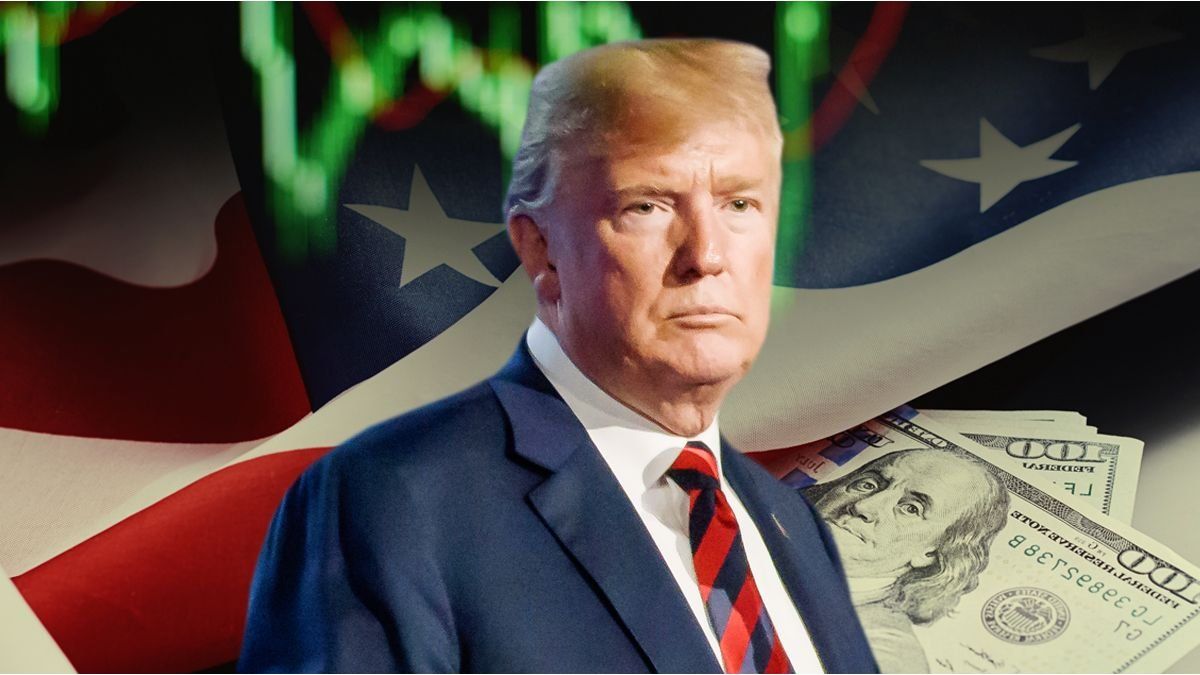The president of the United States, Donald Trump, study the possibility of applying a Tariff to the purchase of treasure bonds and other dollars in dollars by foreigners.
The measure, defended by its economic advisor Stephen Miran, seeks to weaken the US currency to improve the competitiveness of the local industry. However, Its implementation could generate turbulence in the global financial system.
A “money tariff” to weaken the dollar
The theory behind Miran’s proposal argues that many countries buy dollars and treasure bonds to strengthen their reserves and weaken their own coins. This allows them to favor their export sectors to the detriment of American manufacturing. With the new tariff, The Trump government would seek to make these transactions more expensive and deter dollars abroad.
The measure breaks with the traditional policy of maintaining a strong dollar, a principle that has guided successive administrations since the 1990s. At the time, officials such as Robert Rubin and Janet Yellen defended that a robust dollar benefited the US economy by reinforcing their status as a global reserve currency.
Objective: Reduce the commercial and fiscal deficit
One of the Trump administration arguments is that the US fiscal deficit is linked to its negative trade balance. The accumulation of dollars abroad prevents these capitals from promoting internal growth, which forces the government to incur higher levels of indebtedness to finance the economy.
In line with this strategy, the White House has already proposed to revoke an agreement of 1984 that eliminated a 30% tariff to the entry of Chinese money in the US could be a first step towards the application of broader taxes to the purchases of dollars by other countries.
Risks and criticism of Trump’s strategy
Despite the support of some sectors, The proposal generates uncertainty in financial markets. Historically, a strong dollar policy has allowed the US to maintain low financing costs for its public debt. Intentional weakening could generate capital escape and increase inflationary pressure.
Economists warn that this strategy reminds failed experiences, such as Turkey’s monetary policy under Recep Tayyip Erdogan. In that case, the insistence on maintaining the cheap lyre caused an inflationary crisis and a collapse of foreign investment.
While the US has a greater margin of maneuver due to the strength of its economy and the global demand of its currency, Uncertainty about the future of the dollar could generate volatility in markets and affect international financial stability.
The possible application of a “money tariff” by the Trump administration marks a significant turn in the US economic policy. While the intention is to strengthen the national industry and reduce the deficit, the risks of inflation, capital escape and exchange volatility could turn this measure into a double -edged sword. As the debates advance in Washington, the world markets and governments will remain attentive to the implications of this disruptive policy.
Source: Ambito
I am a 24-year-old writer and journalist who has been working in the news industry for the past two years. I write primarily about market news, so if you’re looking for insights into what’s going on in the stock market or economic indicators, you’ve come to the right place. I also dabble in writing articles on lifestyle trends and pop culture news.




